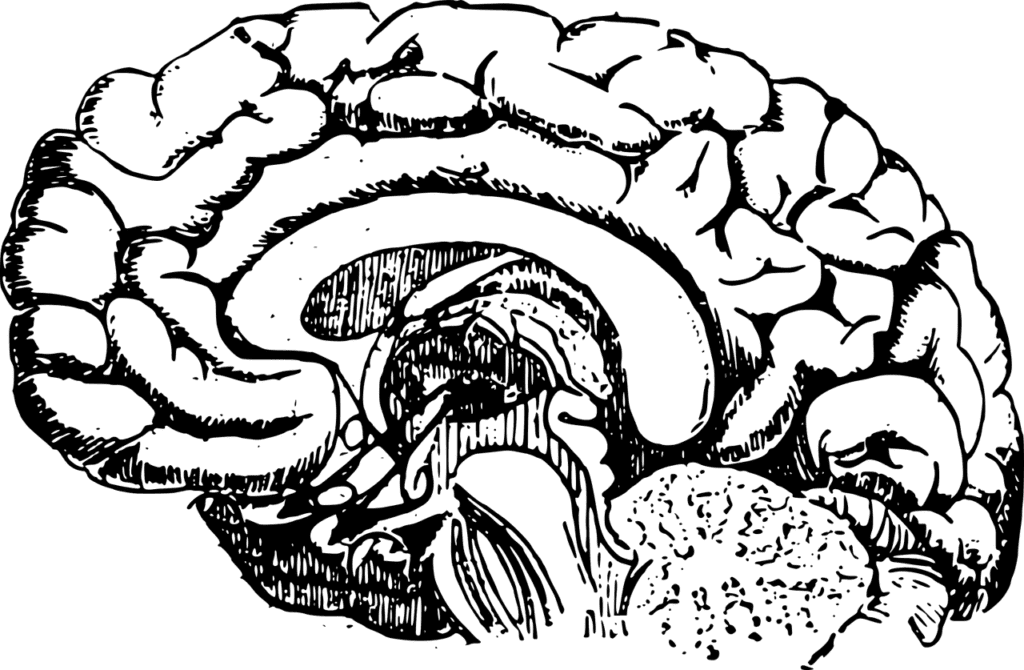Currently, there are no cures for amyotrophic lateral sclerosis (ALS). Symptomatic therapy, alongside disease-modifying treatments like Rilutek, Radicava, and Relyvrio, may be used to manage this condition. However, there is an urgent need for new and more effective treatment options. Even with existing treatments, ALS still results in an expected lifespan of just 3-5 years following diagnosis.
Clinical-stage biotechnology company Coya Therapeutics (“Coya”) developed COYA 302 as a potential therapeutic to improve outcomes within this field. COYA 302 is a proprietary biologic combination with a dual mechanism of Treg function enhancement. The treatment can be administered intravenously or subcutaneously.
Unpacking Proof-of-Concept Data
According to a company news release, 48-week clinical data is now available from a proof-of-concept study on COYA 302. 4 participants with ALS enrolled. The data found that:
- After 48 weeks, COYA 302 significantly reduced disease progression and instead stabilized the disease.
- Treatmnt also suppressed and inhibited Tregs and inflammatory T cells, reduced oxidative stress, and lowered inflammation.
- COYA 302 was generally well-tolerated, and no participants discontinued treatment due to side effects. Injection-site reactions were the most common side effects.
Coya hopes to soon file an Investigational New Drug (IND) application, which would allow them to move forward with additional clinical studies.
What is Amyotrophic Lateral Sclerosis (ALS)?
Also known as Lou Gehrig’s disease, amyotrophic lateral sclerosis is a progressive neurodegenerative disease. An estimated 5-10% of cases are familial (genetic); the remaining cases have no known cause. Some people hypothesize that a combination of genetic and environmental factors could play a role. ALS is most common in older individuals and slightly more common in males than females.
As nerve cells in the brain stem, spinal cord, and brain die, it inhibits communication with the muscles. Muscles then weaken, causing those affected to lose voluntary muscle movement and control. Additional symptoms that may appear as ALS progresses may include:
- Muscle weakness and wasting
- Frequent tripping and falling
- Difficulty walking or performing small movements
- Slow or slurred speech
- Difficulty speaking and swallowing
- Unintentional weight loss
- Excessive drooling
- Poor posture
- Muscle cramps and twitching
- Anxiety and mental stress
- Respiratory distress








